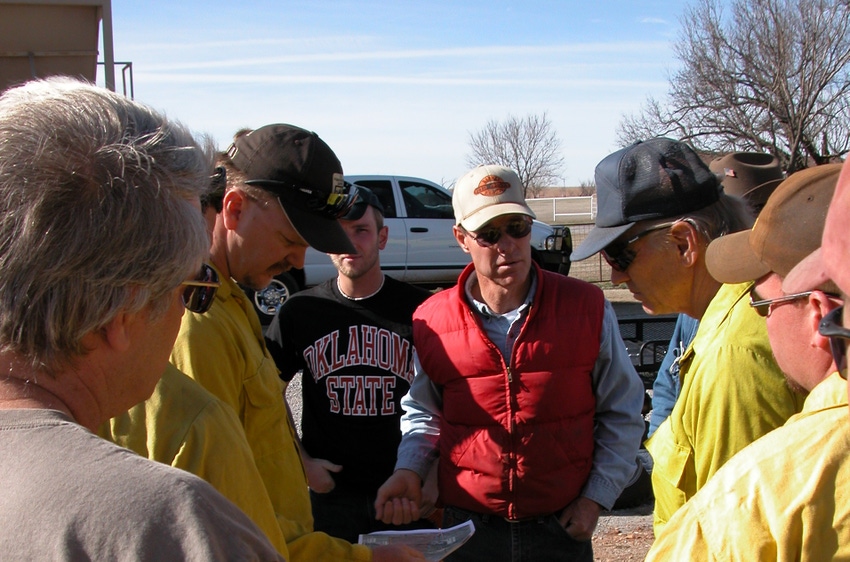
A manager of a farm or ranch wears many hats – agronomist, stockman, veterinarian, economist, public relations director, mechanic, merchandiser – and he or she must be able to do a lot of different things with some degree of competency. The most important job of the manager though, by far, is to manage.
That person must be able and willing to plan what is to be accomplished and how, when, and by whom. It is a daunting task to align the proper people, equipment, materials and animals in space and time so the operation flows smoothly. Timeliness is always important when dealing with living things, and it is the manager's job to see that what needs to happen does so in a timely manner.
Hard work and long hours are poor substitutes for planning and organization. My father owned an International Harvester dealership for many years and said that he always knew when Pete Etheredge or any of the other good farmers who dealt with him was through with a combine or a cotton stripper for the season because they would be in to buy whatever parts and materials they needed to get the machine ready for next season. These men had learned that planning and forethought made them better managers and their efforts more effective.
It is difficult to manage the day-to-day actions of most operations, but the most challenging part of the manager's job is to predict the total and long-term effects of all the practices used. To predict well enough that it is possible to employ only those practices and materials that contribute to the long-term wellbeing of the total soil-plant-animal-wealth-human complex.
For most of us this will mean un-learning "facts" that we have been taught. Things like, "The best beef cow is the heavy milking one that weans the biggest calf." If you are saving replacements from these cows, as time goes by, you will find that your cows get bigger and require more feed per pound of body weight, even when they are dry. They also will likely have, as a herd, a lower weaning percentage and a lower weight of weaned calf per pound of cow exposed to breeding. Individual calves may be heavier but production per acre or per dollar invested will be lower. Research and common sense indicates that productivity of big, heavy milking cows suffers in less than optimal conditions. It is easy to understand but hard to accept that bigger is not always better. On the other hand, having more calves to sell that bring higher prices per pound helps.
Harder to understand is why pests proliferate and what are the total effects of toxins used to combat these pests. Spraying poisons on weeds or troublesome insects does nothing to eliminate the reasons these pests flourish. In most cases, such treatment will prolong the conditions that are the reasons for problems – things such as lack of biodiversity, unhealthy soil, nutritionally stressed animals living in unhygienic conditions.
Sprays or drenches will do little good, and much harm, when applied to animals living and eating on areas heavily contaminated when their own body waste. These animals don’t need medicine nearly so much as they need clean pasture.
By the same reasoning, weeds build up because growing conditions favor pioneer plants able to reproduce under harsh growing conditions over valuable forage plants that require good growing conditions. Weeds don’t cause degraded pasture, degraded pasture causes weeds.
It is the job of the manager to understand these total and long-term effects of the practices and materials used and use only practices and materials that benefit all parts of the ecological complex. Anything that harms any part of this local complex hurts the entire system. It is not possible to poison horn flies without harming beneficial insects nor ragweed without damaging valuable forbs.
We don’t need stronger poisons; we need a better understanding of how our actions affect the whole soil-plant-animal-wealth-human complex. Improving long-term growing conditions by manipulating the ecological processes – water cycle, mineral cycles, and energy flow – will advance biological succession toward complexity, productivity and stability.
We create many of the problems we encounter by managing for short-term gains. We kill weeds, kill bugs, and poison animal parasites by methods that have long-term costs, both ecological and financial.
About the Author(s)
You May Also Like




